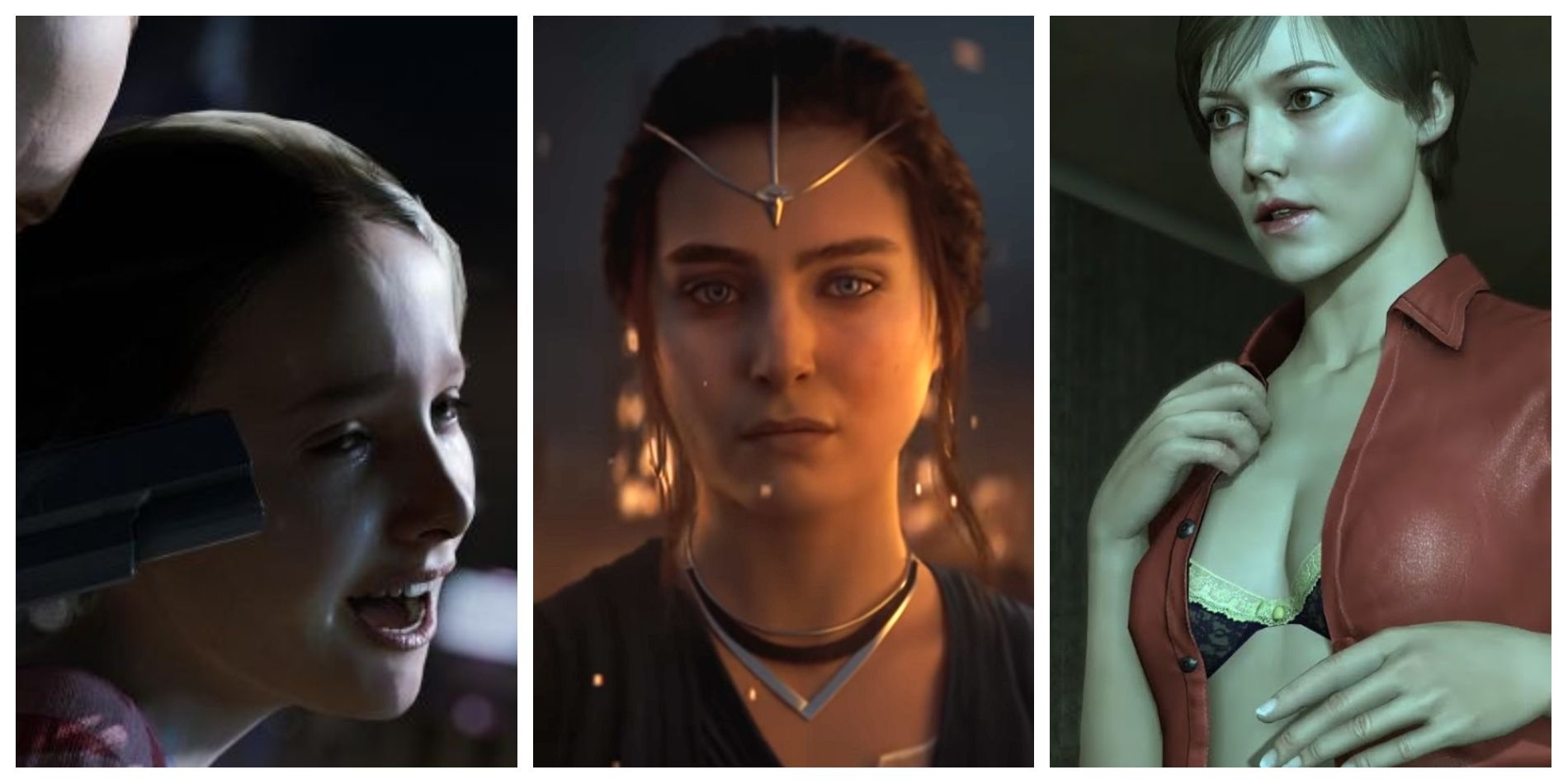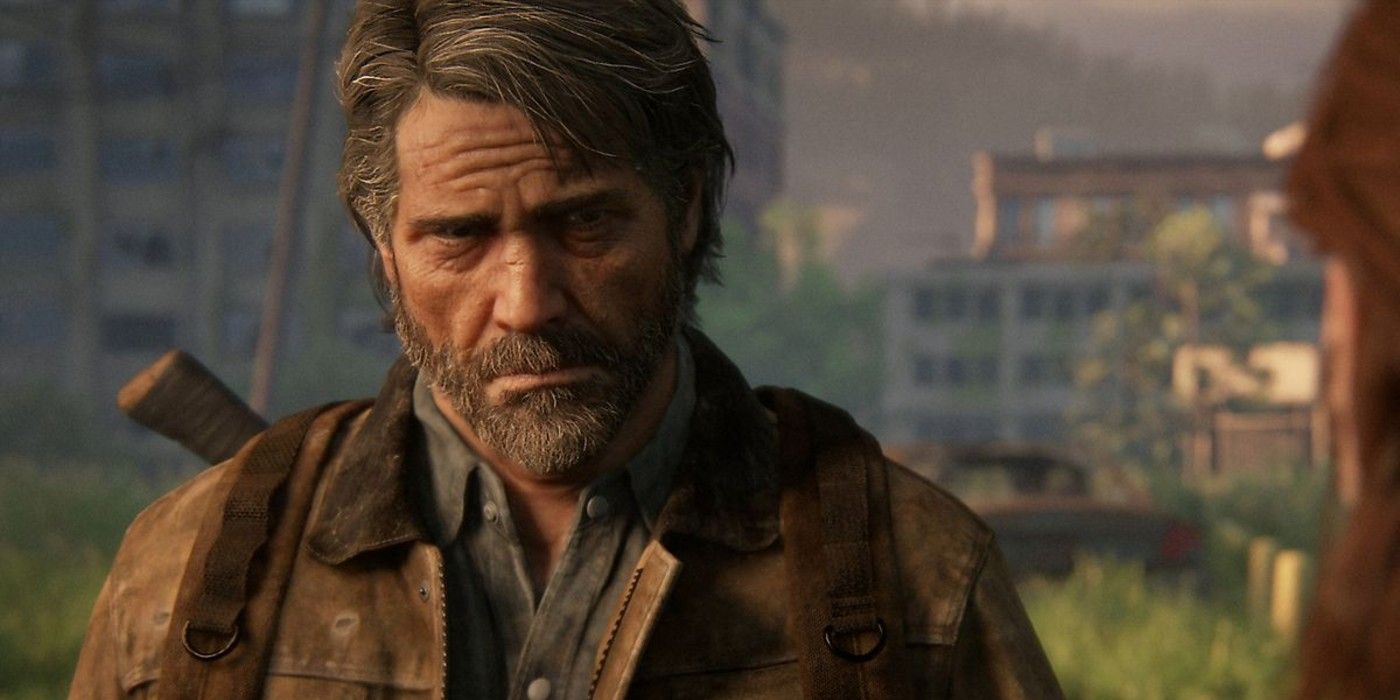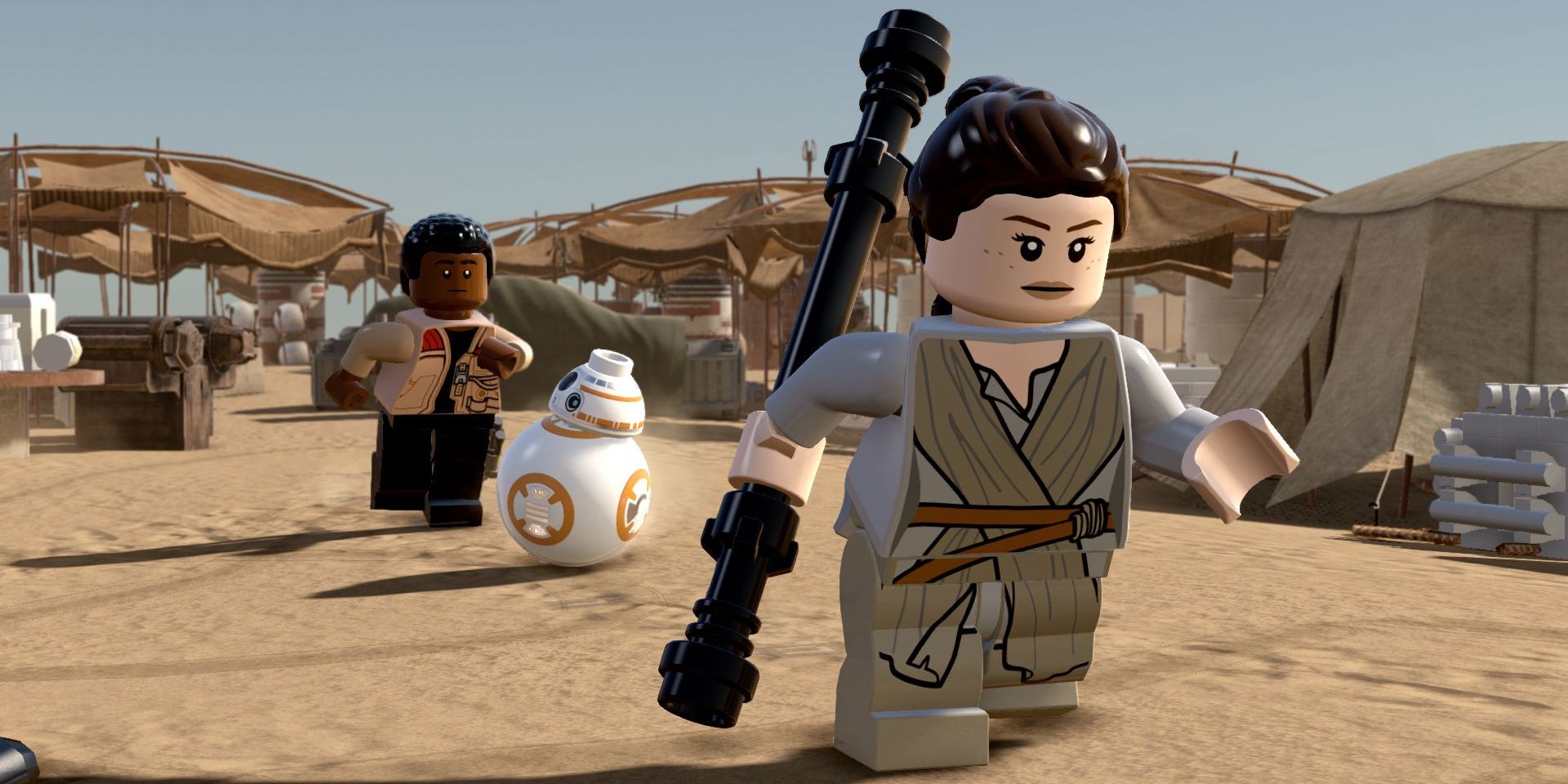The Star Wars franchise is as beloved as it is divisive for many fans, yet while the pendulum of popular opinion has swung both ways on films like the prequel trilogy, Rian Johnson’s The Last Jedi, and other Star Wars-related media, selecting David Cage’s studio Quantic Dream to develop Star Wars Eclipse may be the worst franchise decision since Disney took the helm of the franchise. Quantic Dream and Cage are embroiled in controversy, making the optics bad enough to prompt fan protests, but there are bigger reasons beyond reputation that make the studio a poor fit for the galaxy far, far away. EA's tenure with the Star Wars license was controversial as well, but Quantic Dream's involvement could be more problematic.
More relevant to the actual product, Cage’s games tend to focus on grim, decidedly adult subject matter, and aim for lofty ideals they often fail to reach. Star Wars is a ubiquitous, household name, and one of the biggest IPs in existence. Quantic Dream's Star Wars Eclipse faces an uphill battle, even as a conceptual product, as the studio's games don't tend to fit the universal, all-ages appeal of most Star Wars media. Further, a general audience-targeted product makes little use of the studio or Cage’s unique authorial voice, regardless of one’s thoughts on his caliber as a creator.
On a surface level, the studio might seem an ideal fit, given its pedigree of creating cinematic games with dynamic choices. The trailer for Star Wars Eclipse is stunning, and could have easily been a movie trailer rather than one promoting a video game in development. Still, the storytelling style that Cage has established as his signature is a poor fit for the world’s most mainstream franchise. Quantic Dream can certainly produce an impressive-looking Star Wars game, as is evidenced by Star Wars Eclipse's High Republic trailer, but beyond that the pairing does not play to the strengths of Star Wars, or the developer.
Star Wars Eclipse Could've Been Made By Other Cinematic Studios
The aesthetics work well enough, and even Cage’s critics generally agree that Quantic Dream produces excellent visuals in its games. However, the current gaming generation is considerably different from the era where Heavy Rain (or even Detroit: Become Human) stood out from its peers as one of the most cinematic games to date. Numerous games have pushed the envelope and served up graphics that appear photorealistic, and sequences indistinguishable from cinema. The cinematic presentation of Naughty Dog, for one, has included the over-the-top pulp adventures of Uncharted as well as the stark, post-apocalyptic stories of The Last of Us. Where that studio has showed some creative versatility, Quantic Dream has established only a niche, albeit distinct, vibe to its storytelling.
Quantic Dream’s first mainstream success, the PlayStation-exclusive Heavy Rain, was a mind-bending noir mystery. The game was bleak by design, including themes of sexual violence and mental instability. Their follow-up title, using the same style of time-based choices and quick-time event action, was Beyond Two Souls, a Quantic Dream game that revisited the topic of sexual abuse, as well as child abuse. Beyond Two Souls also touched on relevant political concerns, such as the CIA’s history of engaging in regime change through covert violence. Detroit: Become Human continued in the same cinematic format and featured a story about humanoid robots gaining self-awareness and struggling for freedom. In addition to its obvious metaphor for slavery and bigotry, a common allegory used in science fiction, the story of Detroit: Become Human again featured abusive parents, sex slave androids, and other decidedly adult subject matter.
These past games by Quantic Dream have faced increased scrutiny in light of the controversies surrounding the developer and Cage himself. It is certainly debatable whether these games were well-meaning attempts to shine a light on real-world injustices and ongoing tragedies, or exploitative works that lacked the maturity to approach these issues with proper care and nuance. Less debatable is whether the tone of Quantic Dream games fits the Star Wars franchise. There is certainly room for some variance between Star Wars media targeted towards children, like the Clone Wars series or LEGO Star Wars games, and those targeted at adults, like The Mandalorian or Jedi: Fallen Order. Ultimately, Star Wars as a whole is still escapist, mainstream science fantasy, telling stories of good triumphing over evil and freedom over tyranny.
Star Wars Isn't Suited To Quantic Dream's Style
Between salvaging the studio’s reputation, and Disney’s oversight of the project, it is likely Star Wars Eclipse's branching story will stay far away from the graphic and disturbing subject matter of past Quantic Dream titles and feature a more mainstream-appropriate story. This begs the question of what, exactly, the studio brings to the table at that point. Certainly, there are talented people there who can produce cinematic visuals, but that is true of dozens of other large game development teams. The niche that Cage has established for himself, for better or worse, is branching-choice games that often feature fantastic elements in their stories, but most emblematic is the presence of dark themes: abuse, violence, alienation.
The film Solo (whose canceled Star Wars sequels could be retooled for games) touched on the idea of “droid rights” in the Star Wars setting, something prior Star Wars media had largely glossed over. This ended up being a grace note of the film’s story, and something future Star Wars works are unlikely to take a harder look at. Star Wars is unlikely to ever tell its own version of the Detroit: Become Human story, as this casts the heroes in a light just as guilty as the imperials, in terms of taking it for granted that droids do not deserve equal treatment or autonomy. The franchise is equally unlikely to take a hard look at Hutt slaves through the lens of real-world human trafficking, or to critique whether the Jedi training very young children in their ideology might be a form of abuse and indoctrination in a Beyond Two Souls-style narrative. Star Wars Eclipse may feature the Trade Federation and delve into dark themes, but Quantic Dream's past games indicate that they could take a heavy-handed approach that wouldn't gel well with the tone of Star Wars.
Between public scrutiny of Quantic Dream, and oversight from Disney, it is probable it will create a game that significantly tones down the grimness of past works. Absent its signature storytelling style, there seems little point left in choosing the studio at all, as opposed to any of the others who might do the work while carrying far less baggage. This is assuming the game is completed at all, of course, as struggles with the Quantic game engine, staffing issues, and other such trouble has allegedly pushed back Star Wars Eclipse further from release. There are certainly some established franchises that could arguably be a good fit for David Cage’s storytelling. Star Wars is decidedly not one of them.



